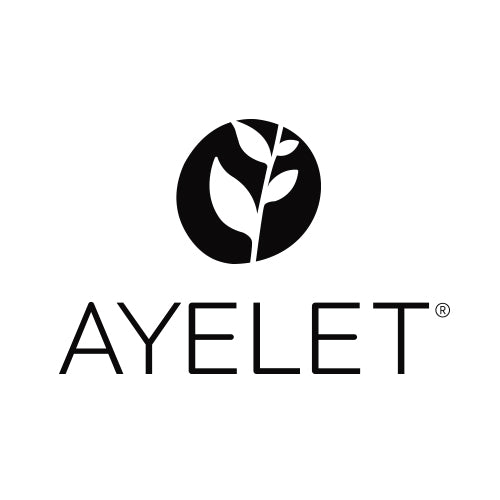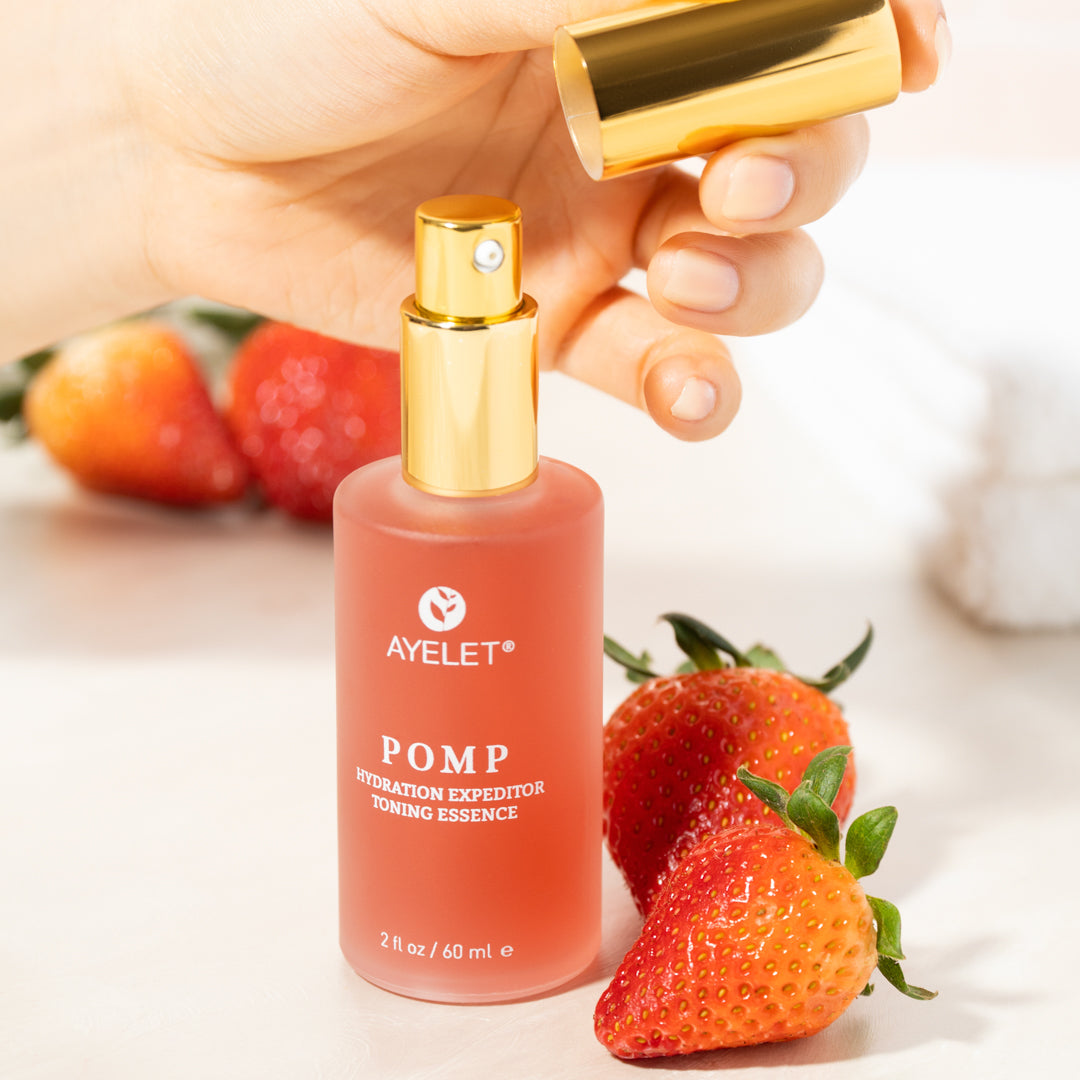
What is exfoliation?
Exfoliation is the removal of dead cells from the skin’s surface.
Why do you need to exfoliate?
Skin exfoliation is a naturally occurring process. However, often your skin does need help with it.
Over the course of the life cycle, skin cells move from dermis to the epidermis. When they reach the top they die. But these dead cells don’t miraculously disappear, they often accumulate and cause skin’s surface to appear rough and dull, Exfoliating also stimulates the turnover of skin cells, that’s why regular exfoliation is one of the effective ways for maintaining radiant healthy even-toned skin.
Make sure that the granules are smooth and round (like jojoba beads) rather than jagged (like crushed walnut shells) to avoid injuring your skin.
How often should you exfoliate?
If you have oily skin, you can generally exfoliate two to three days a week without any ill effects, if your skin feels dry, irritated or if it looks red and flaky skip it, People with drier, delicate skin should exfoliate one to two times a week, ideally with a gentle exfoliating scrub which will not irritate their skin.
If you suffer from eczema or other skin conditions, you may want to ease back on your exfoliation schedule, especially if your doctor recommends the use of gentle skincare products only. If you've recently been sunburned, you should also avoid exfoliating until the sunburn starts to peel, because you don't want to pull new skin off while it is trying to heal.


